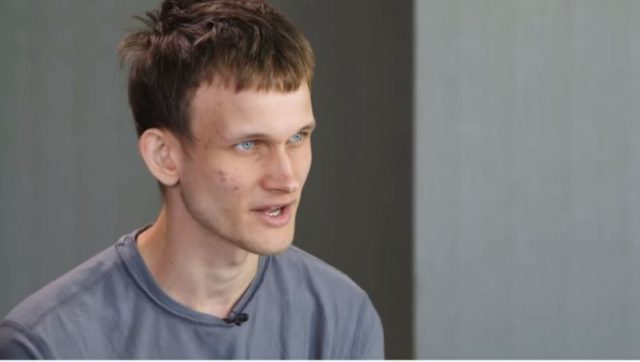Researchers at UCSF (University of California San Francisco), in the United States, have created a smartphone application that can perform cognitive tests and identify early signs of frontotemporal dementia (DFT). The results of the study were published in the scientific journal JAMA Network Openon April 1st.
Frontotemporal dementia is characterized by a group of disorders caused by the accumulation of tau protein and other proteins that destroy neurons in the brain's frontal lobes (behind the forehead) or temporal lobes (behind the ears). According to the Frontotemporal Degeneration Association, this is the most common type of dementia in people under 60 .
The main symptoms of FTD include communication problems, changes in behavior and personality, and difficulty moving. Between 10% and 30% of FTD cases are hereditary. Other than genetics, there are no other known risk factors.
This is a dementia difficult to diagnose early , which makes effective treatment difficult. “Most patients with FTD are diagnosed relatively late in the disease because they are young, and their symptoms are confused with psychiatric disorders,” explains the senior author of the studyAdam Boxer, professor of memory and aging in the UCSF Department of Neurology, in statement.
Given this, UCSF researchers implemented cognitive tests through an app and discovered that, in this way, it is possible to detect early signs of FTD in people who are genetically predisposed developing the disease but not yet showing symptoms.
According to the researchers, the tests carried out on the app were as sensitive as neuropsychological assessments carried out clinically. In view of the findings, the study authors hope that the technology can contribute to ways of diagnosing FTD early and, in addition, with indications of volunteers for clinical trials of medications to slow the progression of the disease.
“Eventually, the app could be used to monitor treatment effects, replacing many or most in-person visits to clinical trial sites,” says Adam Staffaroni, first author of the study, clinical neuropsychologist and associate professor in the Department of Neurology at UCSF. and the Weill Institute of Neurosciences, also in a statement.
How was the study carried out?
The researchers followed 360 people with an average age of 54 years, enrolled in the ALLFTD study (on FTD) and in studies carried out at UCSF.
About 60% of participants did not have FTD or were carriers of the gene who had not yet developed symptoms, 20% showed early signs of the disease and 21% had symptoms.
The researchers collaborated with the software company Datacubed Health, who developed the app, to include tests of executive functions, such as planning and prioritization, filtering distractions and impulse control. This is because in frontotemporal dementia, the part of the brain responsible for these functions decreases as the disease progresses.
The app collected data such as voice recordings and body movements, which allowed researchers to develop new tests that could eventually help with early diagnosis and monitoring of symptoms.
“We developed the ability to record speech while participants performed several different tests,” explains Staffaroni. “We also created walking, balance and slow movement tests, as well as various aspects of language.”
Until now, There are no plans yet to make the app available to the public . However, researchers believe the technology could be beneficial for DFT research.
Source: CNN Brasil
I am an experienced journalist and writer with a career in the news industry. My focus is on covering Top News stories for World Stock Market, where I provide comprehensive analysis and commentary on markets around the world. I have expertise in writing both long-form articles and shorter pieces that deliver timely, relevant updates to readers.







